Publications
Articles, publications, books, tools and multimedia features from the U.S. Institute of Peace provide the latest news, analysis, research findings, practitioner guides and reports, all related to the conflict zones and issues that are at the center of the Institute’s work to prevent and reduce violent conflict.
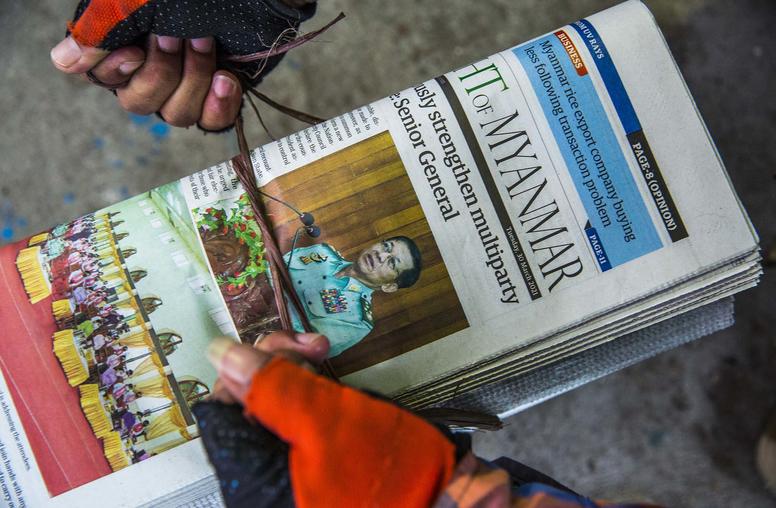
Myanmar: China, the Coup and the Future
In making major deals with Myanmar’s military rulers, China seems to be violating its official guidance for investment abroad: Avoid conflict zones. Although Myanmar is in a state of collapse and widening rebellion, China continues to advance plans for a complex economic corridor in the country with the military unveiling steps to move ahead with big joint-venture projects. The generals’ bid to appear in control of things is obvious. China, on the other hand, seems to have fallen into a trap. Cozying up to the junta puts its investments at immediate and long-term risk and erodes its standing in regional organizations. To protect its interests, Beijing should press the junta to curb its rampant violence against the population and to restore the elected government.
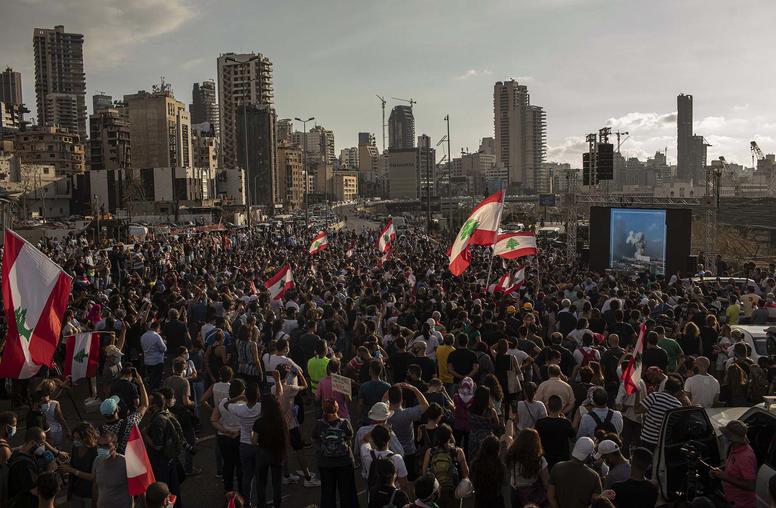
Lebanon on the Brink of Historic Breakdown
Lebanon’s devolving economic and financial crisis could potentially be one of the world’s three worst since 1850, according to a World Bank report released last week. The increasingly dire situation — exacerbated by the COVID pandemic and last year’s Port of Beirut explosion — has likely dragged more than half the population below the poverty line, as unemployment soars and the price of basic goods surges. Already accomplices to this economic collapse due to years of corruption and mismanagement, Lebanon’s leaders have been reviled for their limited response. With Lebanese exasperated with their increasingly desperate situation, there could be widespread social unrest and a major breakdown, which would have important humanitarian and regional security implications.
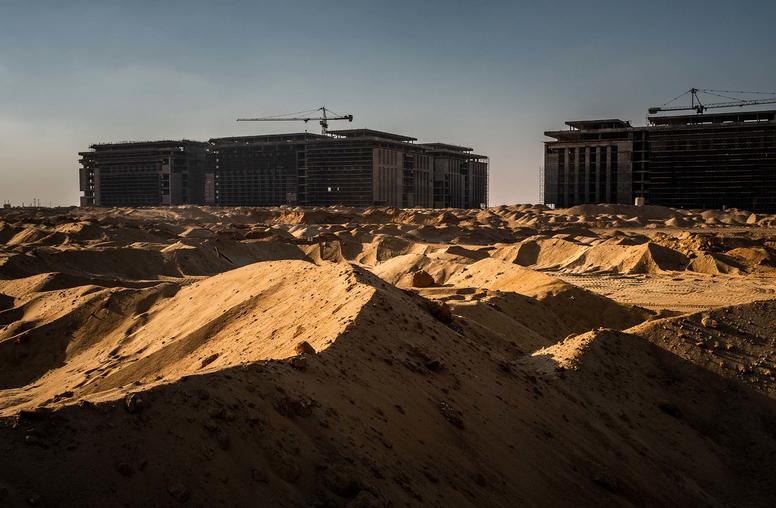
A Global Democratic Renaissance or a More Volatile World?
With a staggering array of immediate crises facing the world — from the COVID pandemic to a global increase in extremist violence — it sometimes feels difficult, perhaps even impossible, to look beyond the current moment and envision what the world will look in the coming decades. However, looming demographic, economic, environmental and technological shifts are already starting to affect the global geopolitical environment — not only worsening our current crises, but inciting new ones should we fail to put in place long-term strategies to address them.
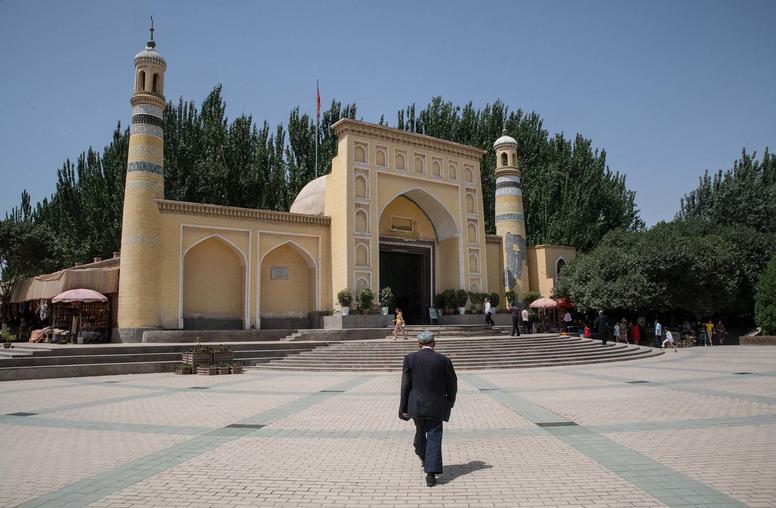
Tribunal Gives Voice to China’s Uyghurs Amid International Gridlock
Over the past week, members of China’s ethnic Uyghur minority have provided moving testimony about their persecution to the Uyghur Tribunal, an unofficial, civil society-led investigation into possible genocide and crimes against humanity committed by Beijing. Although the “people’s tribunal” is not backed by any government and its findings will not be binding on any country, the hearings play an important role in providing recognition to victims’ suffering and in strengthening the legal argument for a U.N. Commission of Inquiry or other international accountability mechanisms. As such, the tribunal serves as an important tool for civil society to move atrocity prevention efforts forward when U.N. or international court action is blocked.
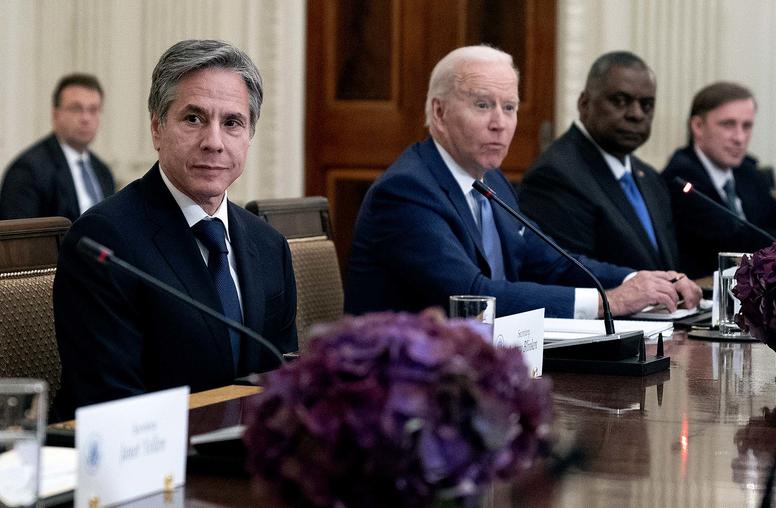
10 Things to Know: Biden’s Approach to the Israeli-Palestinian Conflict
Coming into office, the Biden administration was clear that the Middle East would largely take a backseat in its foreign policy agenda. But recent developments in Jerusalem and the 11-day war on Gaza forced the Israeli-Palestinian conflict back into the forefront of international attention and revealed elements of the administration’s approach to the conflict. U.S. policy on the conflict has long been a point of bipartisan harmony, with more consensus than contention. The Biden administration’s emerging policy largely aligns with past administrations’ policies, with a few notable differences. But can this approach advance peace amid this protracted conflict?
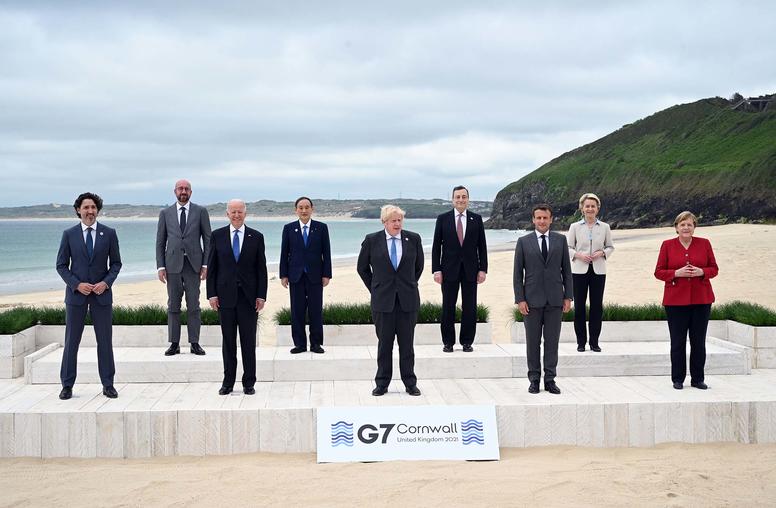
Practicing Peace and Conflict Diplomacy in a Complex World
A combination of a weakening liberal international order, sharpening U.S.-China rivalry, growing transnational threats, shrinking space for civil society and rising nationalism and populism has complicated the practice of peace and conflict diplomacy. A new volume of essays examines approaches to such diplomacy in this complex environment.
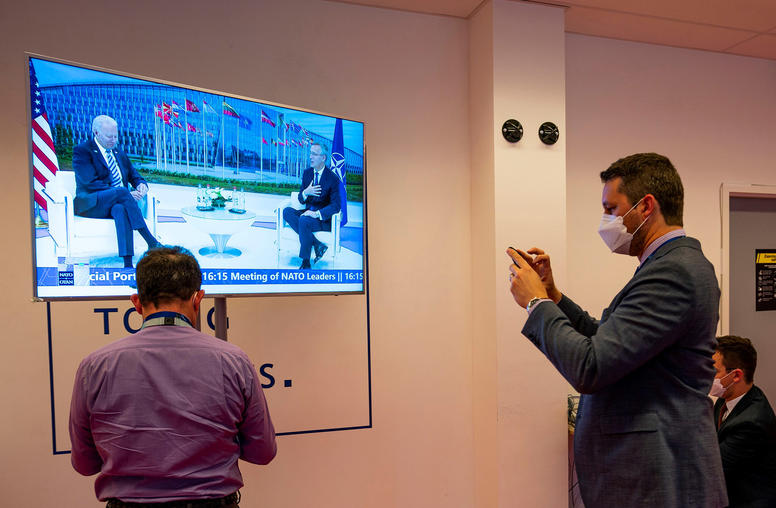
The Biden-Putin Summit: A Chance to Agree—and Disagree
While Presidents Biden and Putin meet amid the strained U.S.-Russian relations in a generation, this week’s summit could yield moves to rebuild predictability in that relationship, especially new steps to address rising global risks to stability and security. Even as the United States confronts Putin over his wielding of selective chaos as a foreign policy crowbar, both sides share an interest in managing disparate international threats—from the weakening of the limits on nuclear weapons and the emergence of new high technology weapons, to climate change and COVID. The summit could reopen dialogue on such challenges.
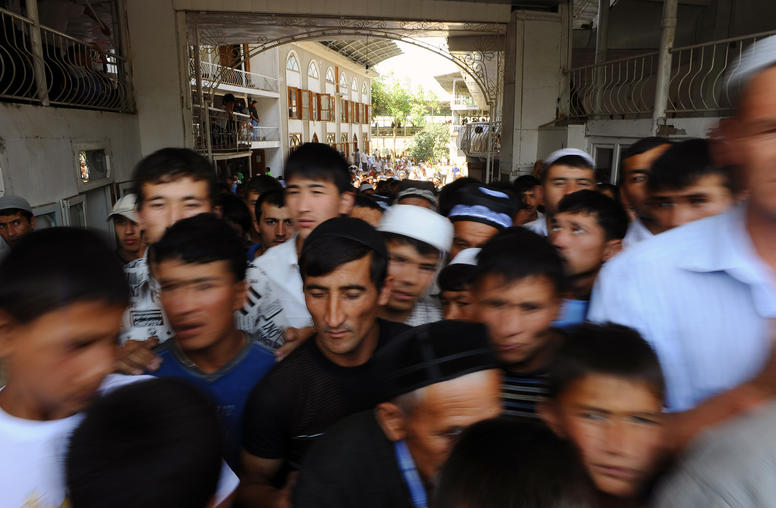
Central Asia’s Growing Internet Carries New Risks of Violence
The “Great Game” has returned to Central Asia, but with a digital twist. Where once the British and Russian empires competed over lucrative trade routes and territorial influence, today the region is at the geopolitical and ideological confluence between competing visions of internet governance. China, Russia, Europe and the United States are all seeking to shape the region’s technology environment. What happens in Central Asia will have profound implications for the five countries of the region and the future of civic freedoms and digital rights more widely.
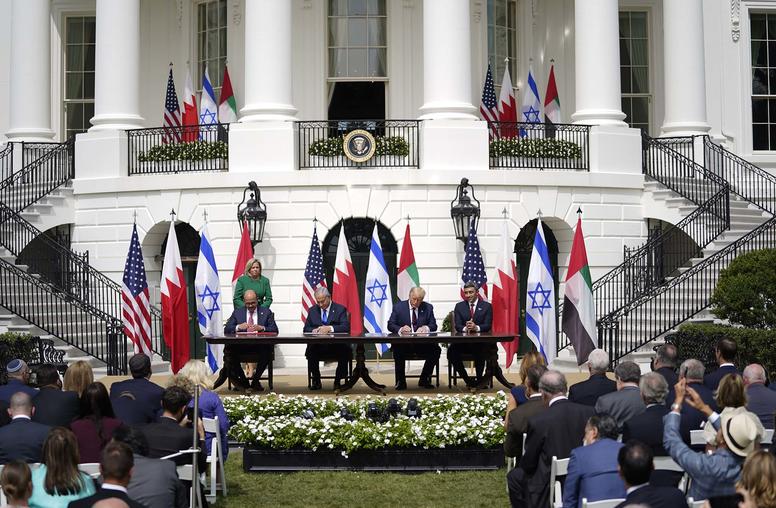
Can the ‘New Normalizers’ Advance Israeli-Palestinian Peace?
The recent outbreak of Israeli-Palestinian violence raised renewed discussion on how Arab states that inked normalization agreements with Israel in 2020 can advance peace between Israelis and Palestinians. The “new normalizers” (UAE, Bahrain, Sudan and Morocco) may be weighing the pros and cons of heavily involving themselves in efforts to resolve this protracted conflict but should not dismiss the opportunity. They can and should play a more proactive and constructive role, which would enhance regional stability and prosperity and advance the normalizers’ own interests. It will be up to the international community, the Palestinians and regional stakeholders to bring them into the peacemaking fold.
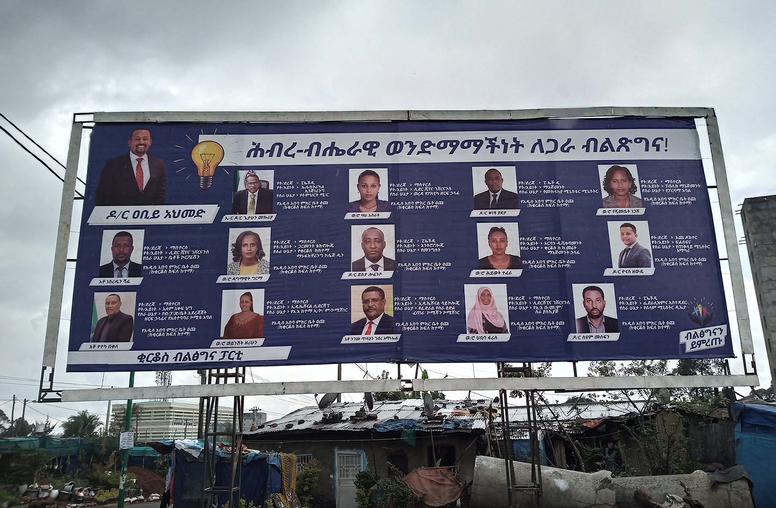
Why Ethiopia’s 2021 Elections Matter
Facing numerous technical difficulties, the National Election Board of Ethiopia (NEBE) delayed parliamentary elections from June 5 to June 21, postponing the vote for the second time. Some major opposition parties are boycotting, and no voting will take place in civil war hit Tigray or in several other areas facing insecurity. Elsewhere, deficiencies in election administration have meant voting has already been postponed in many constituencies, and some of the logistical arrangements to underpin the vote are still to be implemented. Although there are risks of electoral violence, any incidents are unlikely to be especially significant in a context of high levels of ongoing political violence.